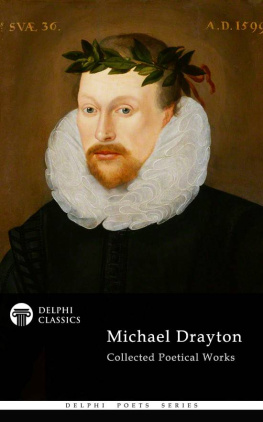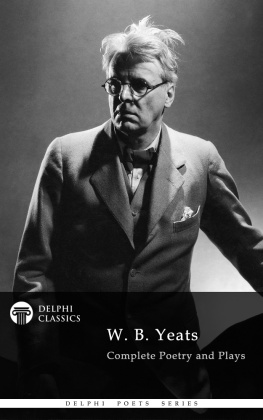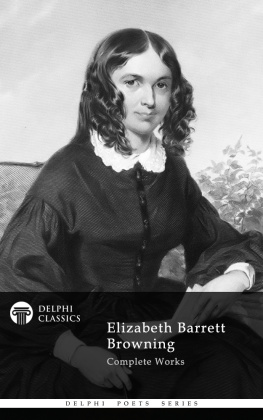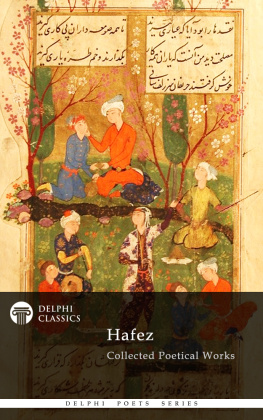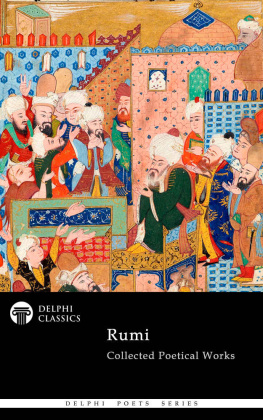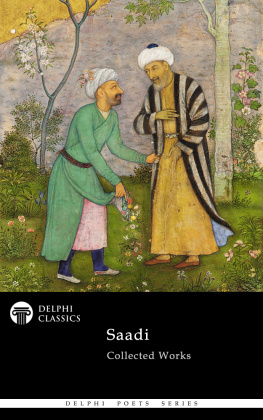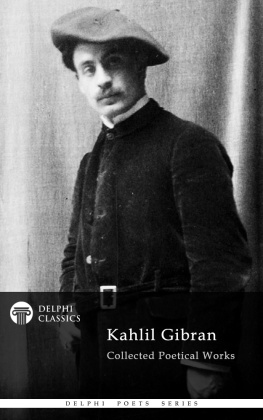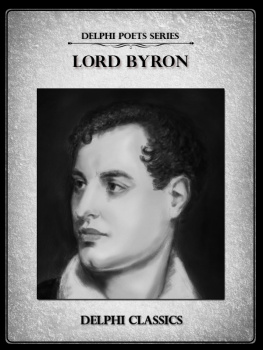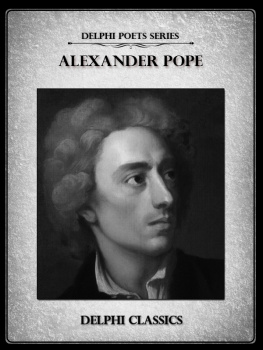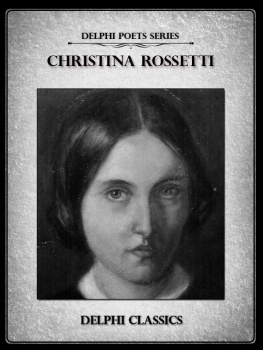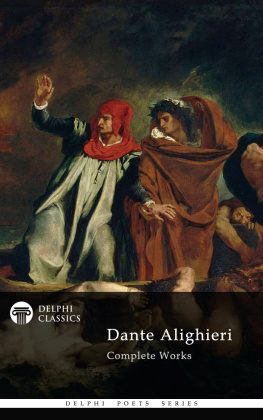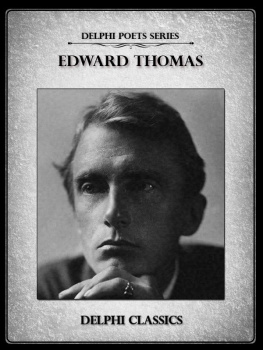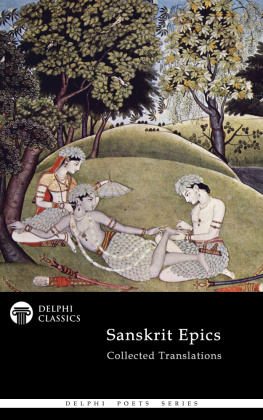

Michael Drayton
(1563-1631)

Contents

Delphi Classics 2015
Version 1


Michael Drayton

By Delphi Classics, 2015
COPYRIGHT
Michael Drayton - Delphi Poets Series
First published in the United Kingdom in 2015 by Delphi Classics.
Delphi Classics, 2015.
All rights reserved. No part of this publication may be reproduced, stored in a retrieval system, or transmitted, in any form or by any means, without the prior permission in writing of the publisher, nor be otherwise circulated in any form other than that in which it is published.
Delphi Classics
is an imprint of
Delphi Publishing Ltd
Hastings, East Sussex
United Kingdom
Contact: sales@delphiclassics.com
www.delphiclassics.com
Interested in Elizabethan poetry?
Then youll love these eBooks

For the first time in publishing history, Delphi Classics is proud to present the complete works of these writers, with beautiful illustrations and the usual bonus material.
www.delphiclassics.com
NOTE

When reading poetry on an eReader, it is advisable to use a small font size and landscape mode, which will allow the lines of poetry to display correctly.
The Life and Poetry of Michael Drayton

Drayton was born at Chapel Cottage in Hartshill Green, near Nuneaton, Warwickshire, in 1563.

Another image of the birthplace, which no longer stands
BRIEF INTRODUCTION: MICHAEL DRAYTON

by Arthur Henry Bullen
MICHAEL DRAYTON (15631631) was born at Hartshill, near Atherstone, Warwickshire, in 1563. He states in his epistle to Henry Reynolds that he had been a page, and it is not improbable that he was attached to the household of Sir Henry Goodere of Powlesworth; for in a dedicatory address prefixed to one of his Heroical Epistles (Mary, the French queen, to Charles Brandon) he acknowledges that he was indebted to Sir Henry Goodere for the most part of his education. Aubrey says that he was the son of a butcher; but Aubrey also describes Shakespeares father as a butcher. We have it on Draytons own authority (The Owle, 1604) that he was nobly bred and well allyd. There is no evidence to show whether he was a member of either university. His earliest work, The Harmonie of the Church, a metrical rendering of portions of the scriptures, was published in 1591. Prefixed is a dedicatory epistle, dated from London, 10 Feb. 15901, To the godly and vertuous Lady, the Lady Jane Deuoreux of Merivale, in which he speaks of the bountiful hospitality that he had received from his patroness. This book, which had been entered in the Stationers Register, 1 Feb. 15901, under the title of The Triumphes of the Churche, for some unknown reason gave offence and was condemned to be destroyed; but Archbishop Whitgift ordered that forty copies should be preserved at Lambeth Palace. Only one copy, belonging to the British Museum, is now known to exist. A Heavenly Harmonie of Spirituall Songs and Holy Hymnes, 1610 (unique), is the suppressed book with a different title-page. In 1593 appeared Idea. The Shepheards Garland. Fashioned in nine Eglogs. Rowlands Sacrifice to the Nine Muses. These eclogues, which were written on the model of the Shepherds Calendar, afterwards underwent considerable revision. There was room for improvement, the diction being frequently harsh and the versification inharmonious, though much of the lyrical part is excellent. In the fourth eclogue there is introduced an elegy, which was afterwards completely rewritten, on Sir Philip Sidney; and it is probably to this elegy (not, as some critics have supposed, to a lost poem) that N[athaniel?] B[axter?], in speaking of Sidneys death, makes reference in Ourania, 1606:
O noble Drayton! well didst thou rehearse
Our damages in dryrie sable verse.
In 1593 Drayton published the first of his historical poems, The Legend of Piers Gaveston, 4to, which was followed in 1594 by Matilda, the faire and chaste Daughter of the Lord Robert Fitzwater. Both poems, after revision, were reprinted in 1596, with the addition of The Tragicall Legend of Robert, Duke of Normandie, the volume being dedicated to Lucy, countess of Bedford. After the dedicatory epistle comes a sonnet to Lady Anne Harington, wife of Sir John Harington. There is also an address to the reader, in which Drayton states that Matilda had been kept from printing because the stationer meant to join them together in one little volume. The statement is curious, for the 1594 edition of Matilda is dedicated to Lucy, daughter of Sir John Harington, afterwards Countess of Bedford, and must have been published with Draytons knowledge. A poem in rhymed heroics on the subject of Endymion and Phbe, n.d., 4to, entered in the Stationers Register 12. April 1594, was doubtless published in that year. Lodge quotes from it in A Fig for Momus, 1595. There are some interesting allusions to Spenser, Daniel, and Lodge. It was not reprinted, but portions were incorporated in The Man in the Moone, and the dedicatory sonnet to the Countess of Bedford was included in the 1605 collection of Draytons poems.
Before leaving Warwickshire Drayton paid his addresses to a lady who was a native of Coventry and who lived near the river Anker. In her honour he published, in 1594, a series of fifty-one sonnets under the title of Ideas Mirrovr: Amours in Quatorzains, 4to. Drayton attached no great value to the collection, for twenty-two of the sonnets printed in Ideas Mirrovr were never reprinted. The lady (celebrated under the name Idea) to whom the sonnets were addressed did not become the poets wife, but he continued for many years to sing her praises with exemplary constancy. In the 1605 collection of his poems he has a Hymn to his Ladys Birth-place, which is written in a strain of effusive gallantry. The magnificent sonnet, Since theres no help, come let us kiss and part, first appeared in the 1619 folio. An epistle, Of his Ladys not coming to town, first published in the 1627 collection, shows that his devotion, after thirty years service, was unchanged. All his biographers agree that he lived and died a bachelor; but it is to be noticed that Edmond Gayton (not a very sure guide), in Festivous Notes on Don Quixote, 1654, , states that he was married.
Next page
